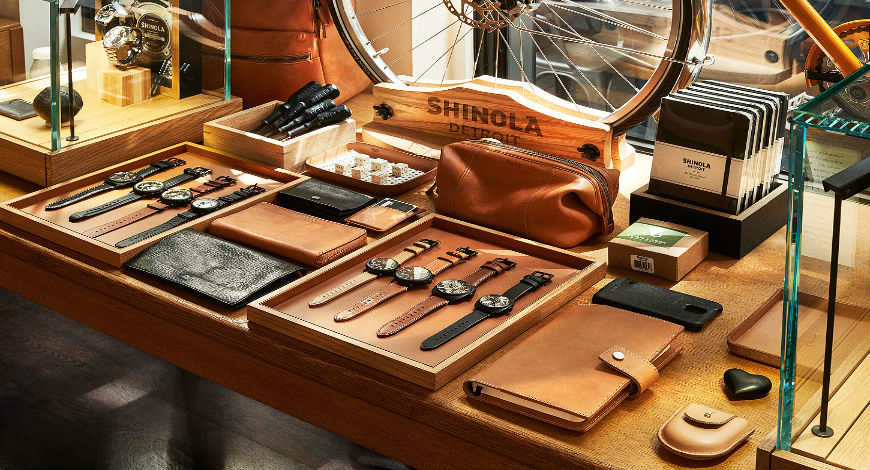In the world of consumer goods, the term 'luxury' is often associated with high quality. But does luxury always mean high quality? This question has been a topic of debate among consumers and industry experts alike. In this article, we will delve into the intricate relationship between luxury and quality, and explore whether the two are always synonymous.
The Perception of Luxury
Luxury is a term that evokes images of opulence, exclusivity, and premium pricing. It is often associated with brands that have a long history and heritage, and are known for their craftsmanship and attention to detail. These brands often use high-quality materials and employ skilled artisans to create their products, which further reinforces the perception of luxury as synonymous with high quality.
However, it's important to note that the perception of luxury is subjective and can vary greatly among different individuals. For some, luxury might mean a high price tag, while for others, it might mean exclusivity or a certain level of service.
The Reality of Quality
Quality, on the other hand, is a more objective measure. It refers to the degree to which a product or service meets specified requirements or customer expectations. High-quality products are typically durable, reliable, and perform well.
While luxury brands often produce high-quality products, it's not always the case. Some luxury brands may prioritize aesthetics over durability, or exclusivity over functionality. In such cases, the high price tag of a luxury item does not necessarily guarantee its high quality.
The Intersection of Luxury and Quality
While luxury and quality are not always synonymous, they often intersect in the realm of 'luxury quality'. This term refers to products that not only exude a sense of luxury but also meet high standards of quality. These products are typically made with the finest materials, employ superior craftsmanship, and offer exceptional performance.
However, it's crucial to remember that 'luxury quality' is not exclusive to luxury brands. Many non-luxury brands also produce high-quality products that can rival those of luxury brands in terms of performance and durability. Therefore, consumers should not equate luxury with high quality blindly but should evaluate each product on its own merits.
In conclusion, while luxury often implies high quality, it does not guarantee it. Consumers should look beyond the brand name and price tag, and consider factors such as materials, craftsmanship, and performance when assessing the quality of a product. After all, true luxury lies not in the label, but in the value and satisfaction that a product brings to its user.
